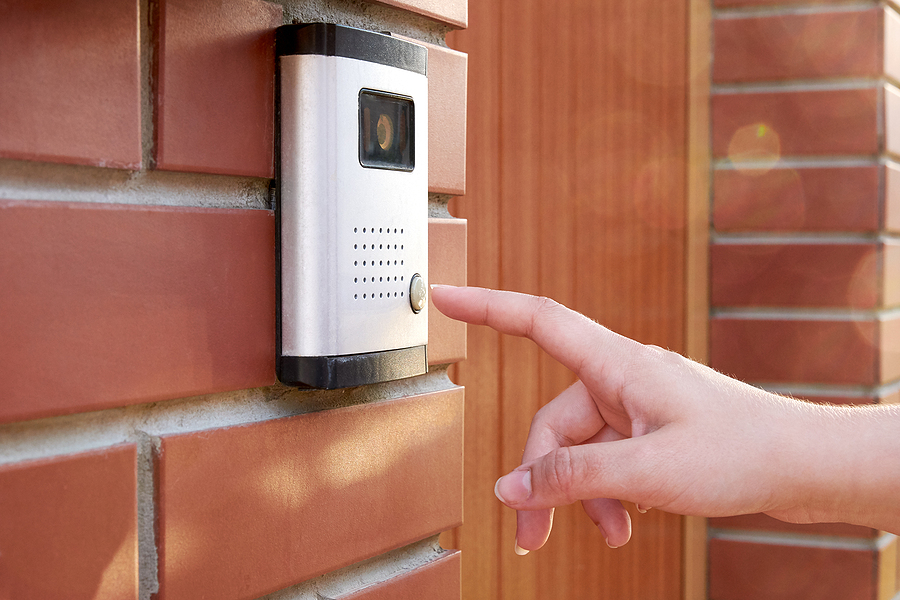Condominium Conundrum - Security and Privacy
In the age of smart technology, the legal implications surrounding the use of video doorbells and surveillance cameras have come to the forefront in the world of condominium living. Two recent cases, one from Alberta and another from Manitoba, have shed light on the complex and evolving landscape of privacy, security, and legal rights within condominium communities.
The Alberta Case: Lupuliak v Condominium Plan No. 8211689, 2022 ABQB 65
In this case, a unit owner found herself embroiled in a dispute that stemmed from a seemingly innocuous security upgrade. Following an attempted break-in at her unit, she installed a motion-sensor video doorbell. However, this well-intentioned act triggered a heated conflict with her neighbor and the Condominium Corporation.
The video doorbell diligently recorded the activities in the common hallway, including her neighbor's front door, leading to discomfort. Matters escalated when the unit owner, armed with her smart technology doorbell, posted footage of her neighbor's unsavory gestures on social media, complete with the identification of her neighbor's employer through a hashtag. This prompted the Condominium Corporation to demand the removal of the camera, citing a violation of the Condominium Corporation Bylaws.
Despite repeated requests to dismantle the camera, the unit owner staunchly refused. Furthermore, she utilized the footage to file complaints against her neighbor with various authorities, including Alberta Health Services and the police. In response, the Condominium Corporation set a deadline for the removal of the video doorbell.
Unyielding in her stance, the unit owner took her case to court, contending that the Condominium Corporation's actions constituted oppression and breached her reasonable expectations concerning her unit's front door. She argued that other unit owners had made unauthorized alterations to their front doors, setting a precedent for her video doorbell installation.
The court, however, ruled in favor of the Condominium Corporation. It determined that the unit owner's use of video footage for complaints and social media posts was inappropriate. The judge emphasized the imperative of harmonious coexistence within condominium complexes and suggested alternative security measures that would respect privacy.
The Manitoba Case: Zeliony v Dunn, 2021 MBQB 136
In this Manitoba case, a dispute arose when a neighbor named Dunn installed a video doorbell in a shared common entranceway to address issues with his porch light being tampered with. The camera aimed away from entrances to other units but inadvertently captured the doors to storage lockers.
The neighbors, the Plaintiffs, had vandalized Dunn's camera by obstructing it with tape and subsequently complained to the Condominium Corporation. The property manager asked Dunn to disable the motion sensor and limit the camera's range, which he complied with. Despite additional complaints, the Board took no further action. The Plaintiffs eventually sold their unit and moved.
Ms. Zeliony, one of the Plaintiffs, sued Dunn for invasion of privacy, intrusion upon seclusion, nuisance, and wilful infliction of nervous shock, seeking damages. They also sued the Condominium Corporation for negligence, claiming non-pecuniary damages and special damages resulting from the diminished sale price of their unit due to mental suffering.
The court ruled in favor of Dunn, stating that his installation of the video doorbell was a reasonable response to protect his property, and any privacy violation of the Plaintiffs was not substantial and was justifiable.
Balancing Privacy and Security in Condo Living
These two cases offer divergent perspectives on the utilization of smart doorbells and surveillance cameras within condominium communities. While the first case outlined above revolved around bylaw violations, the second case delved into claims of civil wrongs. As smart video doorbells continue to proliferate in condominium settings, the adaptation of condominium bylaws to evolving technological and privacy norms may be imperative.
These cases underscore the necessity of striking a delicate balance between security and privacy in condominium living. With technology's relentless march forward, it is essential for both residents and Condominium Corporations to navigate these intricate matters while upholding individual rights and collective harmony.




